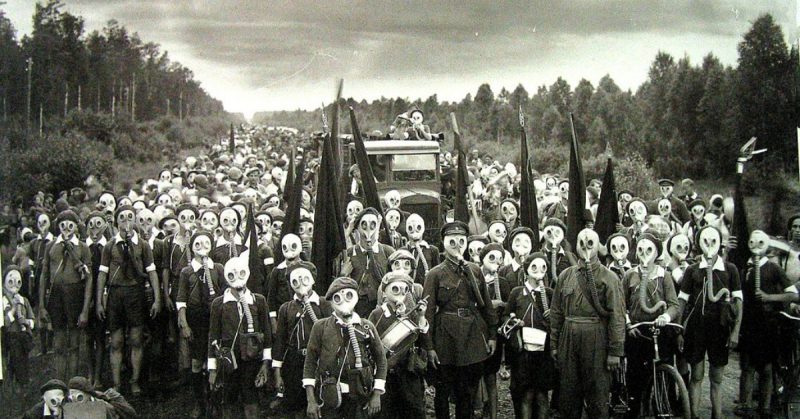I state categorically that we shall under no circumstances resort to the use of such weapons unless they are first used by our enemies.”
After the end of the First World War, chemical weapons took a firm—and not the last—place in the arsenals of the war’s belligerents. By the beginning of World War II, few military experts doubted that the new clash between the leading powers would involve the use of chemical weapons.
However, these predictions did not come true even when Germany stood on the verge of destruction and Hitler had nothing left to lose. The Nazis actively used gas to exterminate prisoners in gas chambers, but they did not use a nerve agent on the battlefield.
Of course, by the beginning of the Second World War in Germany there were enough toxic substances and the means to deliver them—Hitler even had the opportunity to use sarin against opponents. But fearing serious retaliation, he did not.
The deadly agent sarin was developed not entirely purposefully, but by chance. At the end of 1938, German scientist Gerhard Schrader was instructed to invent a cheap pesticide to fight against weevils, which at that time caused damage to German gardens and fields.
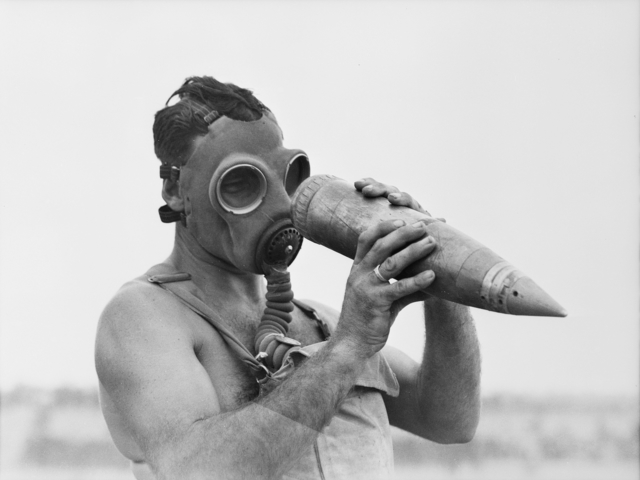
The final substance, which is cyanide mixed with phosphorus, turned out to be too toxic for use in agriculture. Drug conglomerate I.G. Farben, for which Schrader worked, informed the German army about the creation of the new toxic substance. The substance was called “tabun.”
https://youtu.be/zZ8-W9dKkbs
However, upon returning to the laboratory, Schrader and three other scientists continued to work on improving the poison to make it even stronger and more dangerous. Thus, after tabun, sarin was discovered, which got its name in honor of the researchers: Schrader, Ambros, Ritter, and Van der Linde.
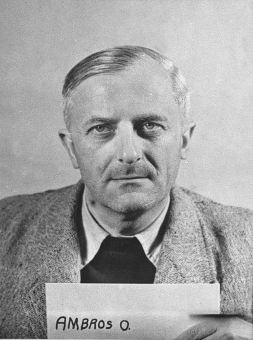
By the time World War II was nearing completion, Germany had about 12,000 tons of poisons—enough to kill millions of people. German generals urged Hitler to use sarin against enemies, but he categorically refused to give such an order, although he considered it.
Some historians link Hitler’s unwillingness to use gas with his own experience as a soldier in the First World War, according to The Washington Post. In his book, Mein Kampf, he described this incident:
“Towards morning, I also began to feel pain. It increased with every quarter of an hour, and about seven o’clock my eyes were scorching.… A few hours later my eyes were like glowing coals, and all was darkness around me,” Hitler wrote.
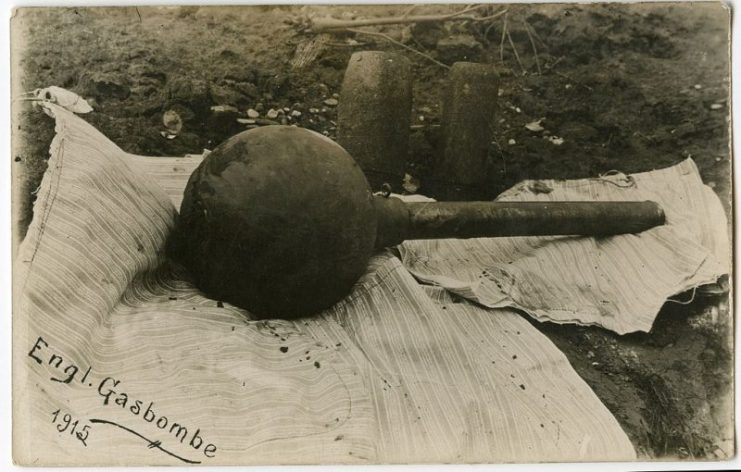
After the chemical attack, Hitler was taken from Flanders to a military hospital in Pomerania. After he recovered, he learned that Germany was defeated.
It is worth taking into account the fact that Germany was the first to initiate the use of chemical weapons in 1915. After that, this practice was repeated by other countries.
The idea that Hitler did not order the use of sarin on the battlefield for ethical reasons is mistaken. The Nazi Party condoned the use of other poisonous gases to destroy millions of people in gas chambers. There is a more rational explanation for the Fuhrer’s reluctance to use sarin against the Allies.
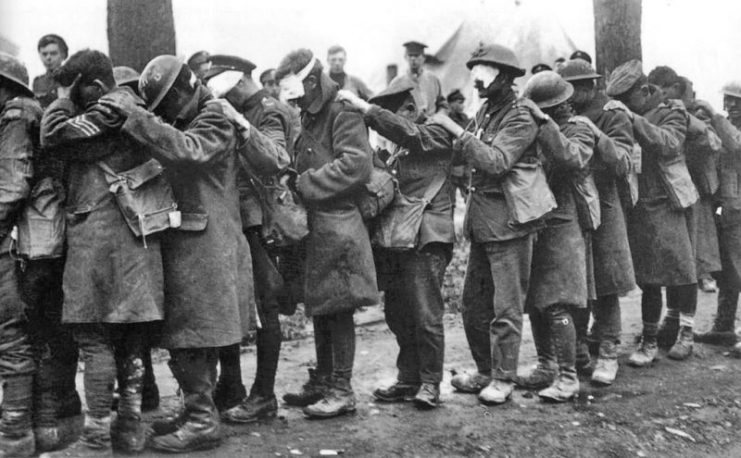
Germany’s Blitzkrieg military strategy included sudden attacks by bombers and tanks, which were swiftly followed by an infantry invasion. In the event that the bombers dropped sarin instead of conventional bombs, they would turn the terrain into dead land which German soldiers could not subsequently enter.
Also, Hitler’s main fear was the Allied response to the use of gas, which would necessarily follow. During World War II, British Prime Minister Winston Churchill was ready to use chemical weapons—only if Germany did so first.
Back in 1919, Winston Churchill had been the Minister of War in Great Britain, and had advocated the use of chemical weapons.
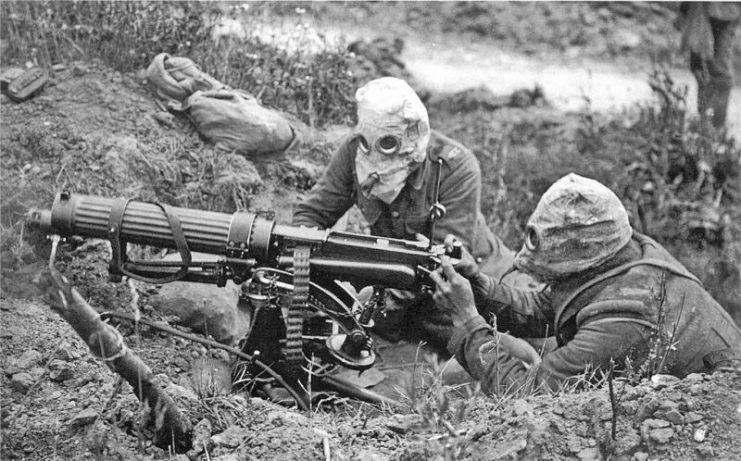
At the time Churchill had mused, “I cannot understand this squeamishness about the use of gas, It is not necessary to use only the most deadly gasses: gasses can be used which cause great inconvenience and would spread a lively terror and yet would leave no serious permanent effects on most of those affected.”
It should be understood that Churchill did not advocate radical ways to use gas. In another note, he argued, ”Gas is a more merciful weapon than high explosive shell, and compels an enemy to accept a decision with less loss of life than any other agency of war.”
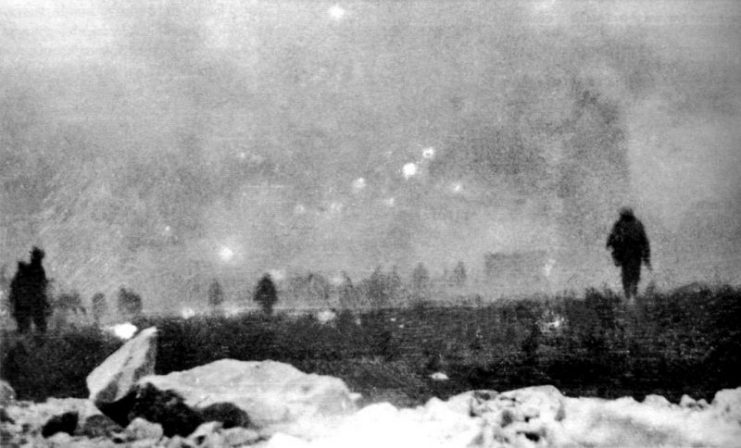
In February 1943, in the course of communication with Soviet leader Joseph Stalin, Churchill learned that the Germans were planning to use gas against the Soviets in the Donbas.
Accordingly, Churchill instructed his Chiefs of Staffs Committee: “In the event of the Germans using gas on the Russians…We shall retaliate by drenching the German cities with gas on the largest possible scale.”
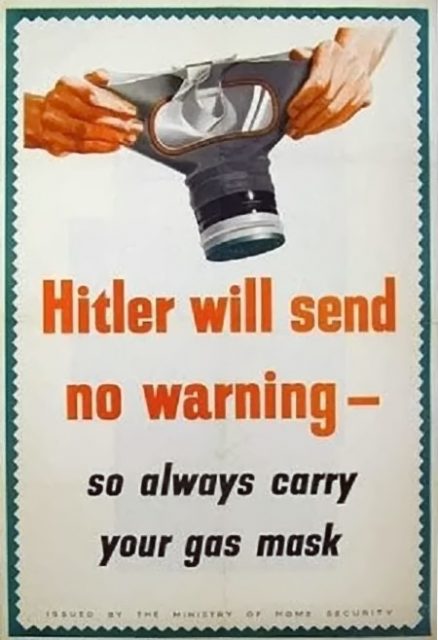
The government of the United States shared this opinion. In June 1943, Roosevelt reaffirmed the US policy toward gas in warfare: “Use of such weapons has been outlawed by the general opinion of civilized mankind.
This country has not used them, and I hope we never will be compelled to use them. I state categorically that we shall under no circumstances resort to the use of such weapons unless they are first used by our enemies.”
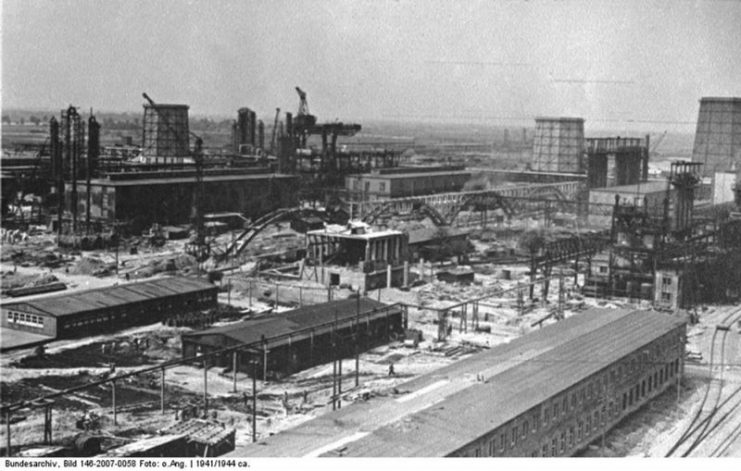
Read another story from us: Filtering War: Kleenex Fights the Horrors of Gas Warfare
Want War History Online‘s content sent directly to your inbox? Sign up for our newsletter here!
The Soviet Union and the Allies had at their disposal sufficient stocks of chemical weapons to respond to Germany. Thus, despite the fact that German factories secretly kept stocks of chemical weapons, even when the course of the war turned against Germany the Fuhrer did not dare to use sarin and other toxic substances.
He understood that this would cause a backlash that would lead to the rapid defeat of Germany and great casualties.
